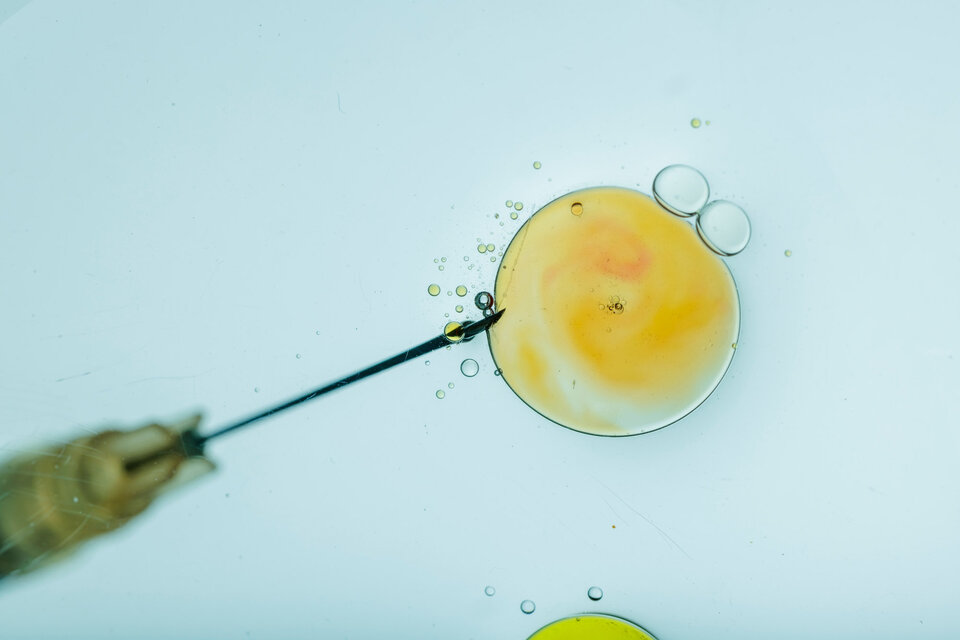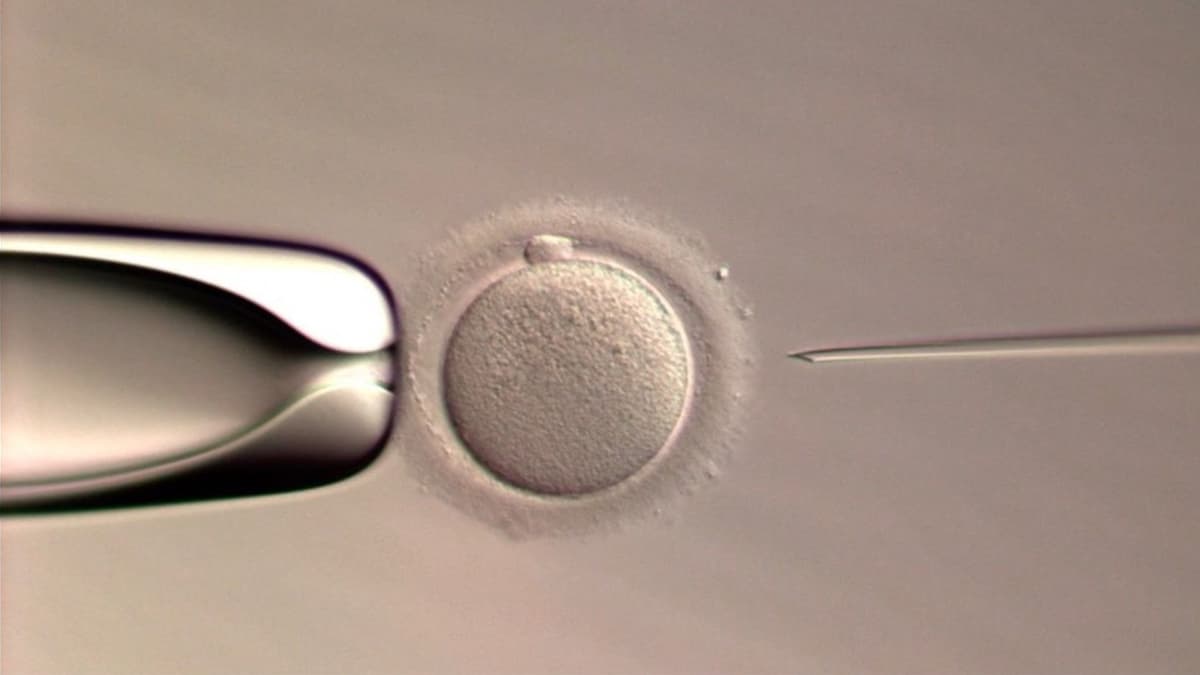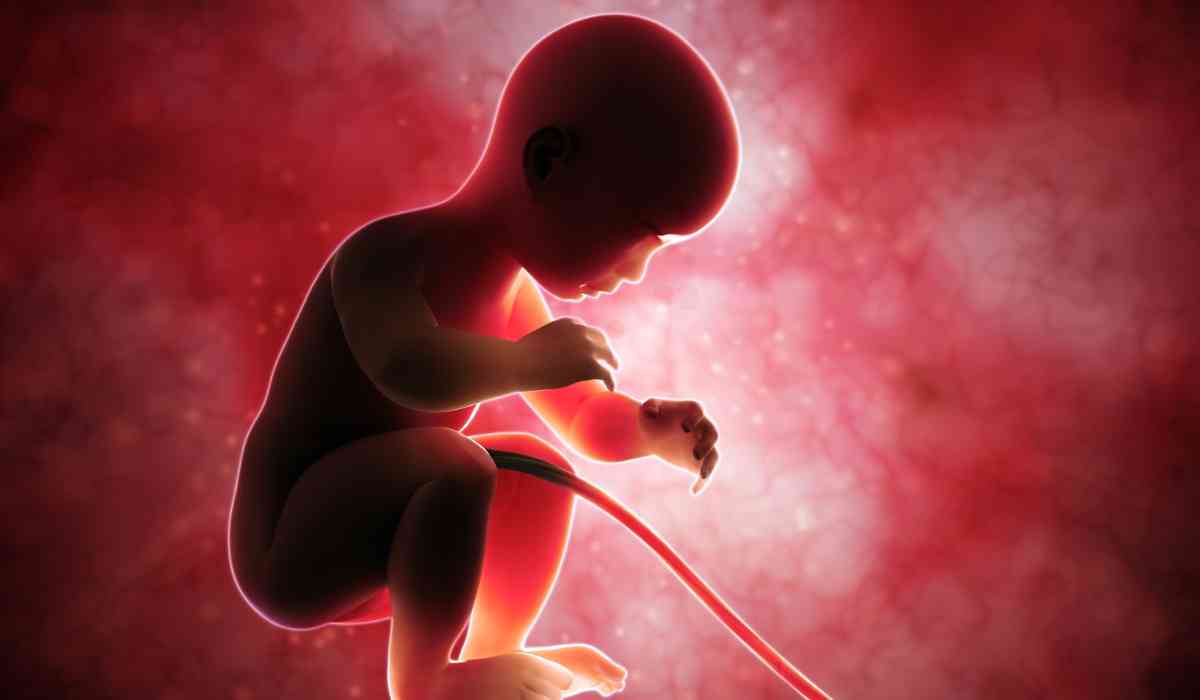In a landmark achievement for reproductive medicine, the world’s first baby has been born using a fully automated IVF system powered by artificial intelligence (AI). This breakthrough could revolutionize in vitro fertilization by enhancing precision, improving consistency, and potentially increasing success rates through automation.

Breaking New Ground in Fertility Treatment
The birth marks the first time a fully AI-assisted and automated system has carried out the entire intracytoplasmic sperm injection (ICSI) procedure without any human intervention. Traditionally, ICSI—a technique used since the 1990s—involves manually injecting a single sperm directly into an egg. This delicate process typically requires highly skilled embryologists and is prone to human error, fatigue, and variability in execution.
Full Automation of the ICSI Procedure
Developed by a team from Conceivable Life Sciences in New York and Guadalajara, Mexico, and led by renowned embryologist Dr. Jacques Cohen, the automated system successfully replaced all 23 steps of the ICSI process with AI or remote digital control.
Key aspects of the automation included:
-
AI-based sperm selection
-
Laser-assisted sperm immobilization
-
Precise sperm injection into the egg
The entire sperm injection process was conducted faster and with greater accuracy than conventional manual techniques.

Successful Birth at Hope IVF Mexico
The milestone event took place at Hope IVF Mexico in Guadalajara, where a 40-year-old woman undergoing IVF with donor eggs achieved pregnancy using this new system. The patient had previously failed an IVF attempt through traditional methods.
Here are the key outcomes from the procedure:
-
5 donor eggs were fertilized using the automated system.
-
4 of the 5 eggs were successfully fertilized.
-
1 embryo developed into a healthy blastocyst.
-
The embryo was frozen and later transferred, resulting in the birth of a healthy baby boy.
Published Findings and Expert Insights
The findings were published in the journal Reproductive Biomedicine Online, confirming the scientific community’s interest in the innovation.
Dr. Cohen emphasized the potential impact of the technology:
“This new system could change the way we do IVF. It offers more consistency, reduces stress for lab staff, and may even improve egg survival.”
Though the system took 9 minutes and 56 seconds per egg, slightly longer than manual ICSI, this was attributed to the experimental nature of the process. According to Professor Mendizabal-Ruiz, future versions of the system are expected to operate more rapidly.
A First-of-Its-Kind Breakthrough
According to Dr. Chavez-Badiola, this is the first system capable of automating every single step of the ICSI process, from sperm selection via AI to the final injection step.
He noted:
“More studies will be needed to confirm its safety and effectiveness in a wider patient population, but the birth of this baby is a major step toward fully automated IVF.”
The Future of Fertility: Precision and Standardization
Automation is not new to fertility treatment. Technologies already exist for:
-
Embryo monitoring
-
Cryopreservation (freezing embryos)
-
Sperm preparation
However, this new fully automated ICSI system could lead to unprecedented precision and standardization, potentially increasing IVF success rates and making the process more accessible and efficient.
The successful birth of the first baby conceived through a fully automated AI-assisted IVF process marks a historic leap forward in fertility science. While more research is needed to scale this innovation, the combination of AI and automation in reproductive medicine signals a future where IVF is not only more reliable and consistent but also less dependent on manual labor, paving the way for broader access and improved outcomes for patients worldwide.
With inputs from agencies
Image Source: Multiple agencies
© Copyright 2025. All Rights Reserved Powered by Vygr Media.



















